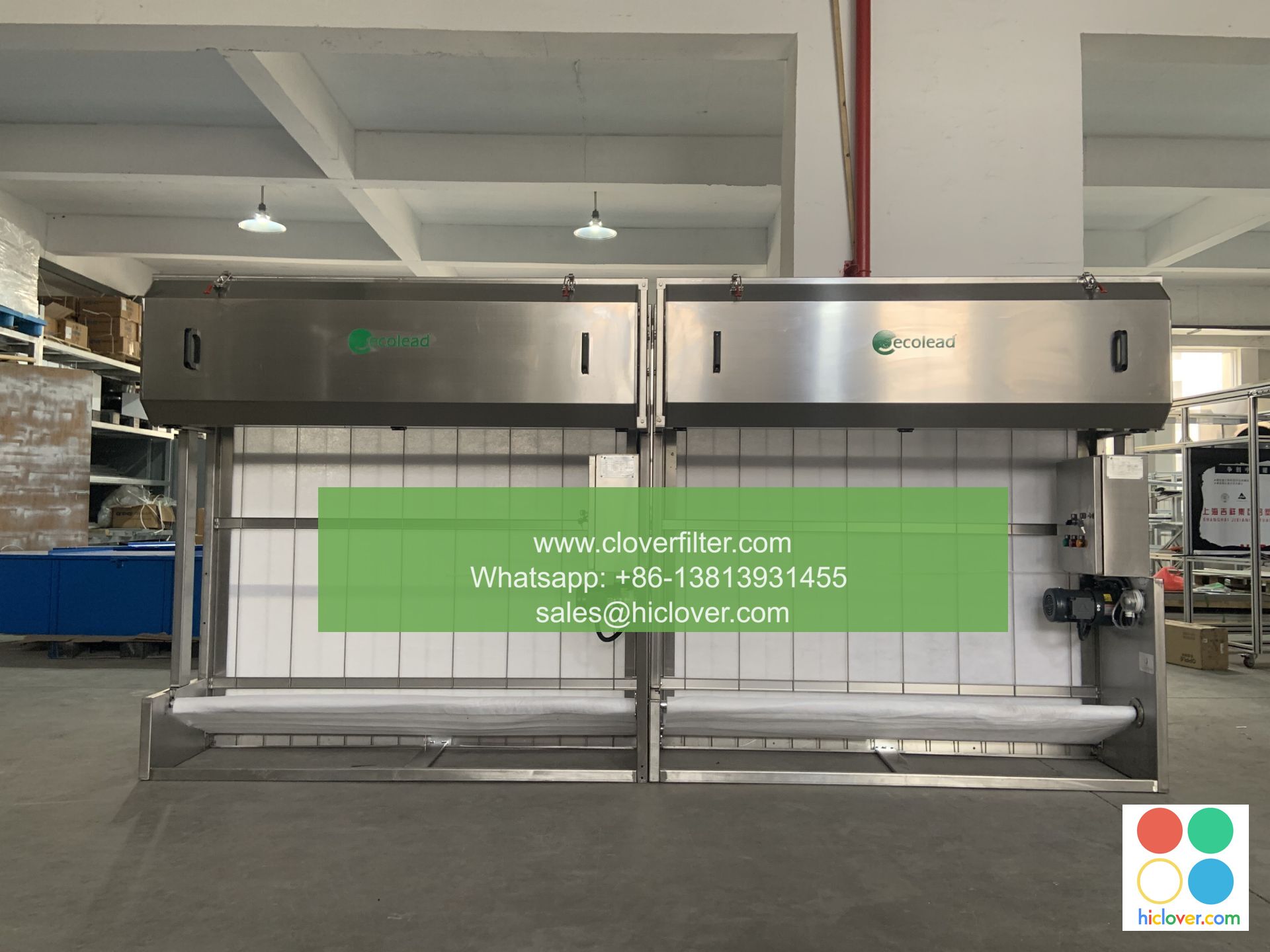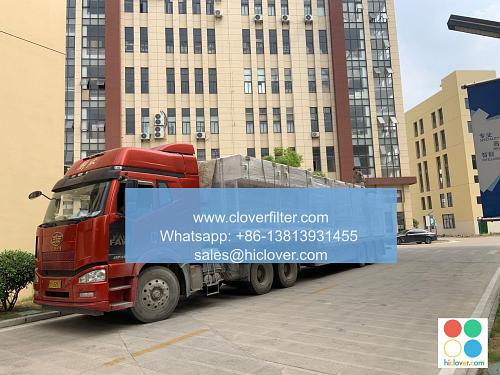The Role of Air Filters in Food Processing

The Role of Air Filters in Food Processing: Ensuring Quality and Safety
Air filters play a crucial role in the food processing industry, as they are essential in maintaining the cleanliness and quality of the air that surrounds the food products. In this article, we will explore the importance of air filters in food processing, highlighting their various application areas and the benefits they provide.
Why Air Filters are Necessary in Food Processing
Food processing plants handle large quantities of food products, including raw ingredients, semi-finished products, and finished goods. The air quality in these plants is critical, as airborne contaminants can pose a risk to consumer health and safety. Air filters are used to remove particulate matter, dust, and other contaminants from the air, ensuring that the air is clean and safe for the food products.
Application Areas of Air Filters in Food Processing
Air filters are used in various application areas in food processing, including:
Cleaning and Sanitizing
Air filters are used to remove particulate matter and other contaminants from the air, which is important for maintaining a clean and sanitary environment in food processing plants. This is particularly important in areas where food is prepared, processed, and packaged.
Product Protection
Air filters are used to protect food products from contamination. For example, air filters can be used to remove allergens and other contaminants from the air that come into contact with food products.
Employee Health and Safety
Air filters are used to promote employee health and safety by removing harmful particles and other airborne contaminants from the air. This is particularly important in areas where employees may be exposed to dust, chemicals, or other airborne hazards.
Equipment Protection
Air filters are used to protect equipment from damage caused by dust, particles, and other contaminants in the air. This helps to extend the lifespan of equipment and reduce maintenance costs.
Benefits of Air Filters in Food Processing
The use of air filters in food processing provides several benefits, including:
Improved Product Quality
Air filters help to improve product quality by removing contaminants and other impurities from the air. This is critical for maintaining the quality and safety of food products.
Reduced Risk of Contamination
Air filters help to reduce the risk of contamination by removing airborne contaminants, allergens, and other impurities from the air.
Increased Efficiency
Air filters help to increase efficiency by reducing downtime and maintenance costs. By removing contaminants and other impurities from the air, air filters help to extend the lifespan of equipment and reduce the need for maintenance.
Compliance with Regulations
Air filters help food processing plants comply with regulations by providing a clean and safe environment for food products.
Conclusion
In conclusion, air filters play a critical role in food processing, providing a range of benefits including improved product quality, reduced risk of contamination, increased efficiency, and compliance with regulations. Whether it is cleaning and sanitizing, protecting products, promoting employee health and safety, or protecting equipment, air filters are essential in maintaining a clean and safe environment for food products. By investing in air filters, food processing plants can ensure the quality, safety, and integrity of their products, while also promoting a clean and healthy work environment for employees.
Prompt

